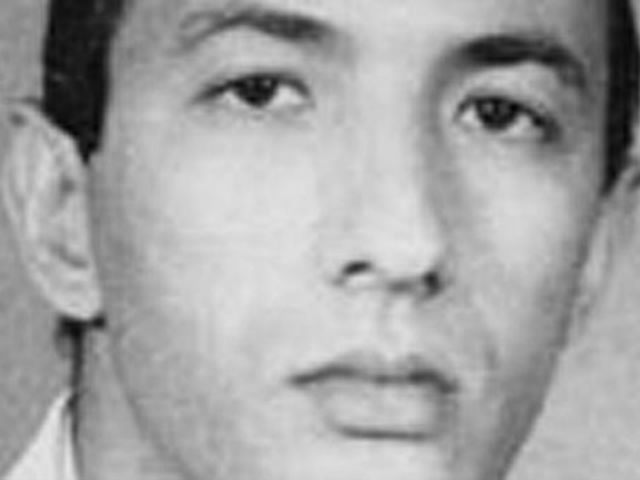Sky News reported last week that Iran has released five senior al-Qaeda operatives, including several possible successors to Ayman al-Zawahiri as head of the organization, in exchange for an Iranian diplomat who was kidnapped in Yemen earlier this year.
Three of the five prisoners released by Iran are members of al-Qaeda’s executive committee, the Shura Council. One of these men is Abu al-Kheir al-Masri, once head of the terror organization’s “external relations” committee, discussed as a possible successor to Osama bin Laden before Zawahiri took over.
Also released by Iran is Saif al-Adel, number three in the al-Qaeda hierarchy and a top military strategist who was once an officer in the Egyptian army. He was involved in such atrocities as the 1998 attack on U.S. embassies in Kenya and the 2002 kidnapping and murder of The Wall Street Journal reporter Daniel Pearl.
A third al-Qaeda leader released by Iran, Abu Muhammad al-Masri, also known as Abdullah Ahmed Abdullah, was also involved in the Kenya terror attacks, as well as 9/11, and has experience as a military commander. In fact, according to a top-secret U.S. intelligence document referenced by The Washington Post, he was “the most experienced and capable operational planner not in U.S. custody.” The U.S. government has offered $5 million rewards for information leading to the capture of al-Masri and al-Adel.
The other two are Jordanian members of al-Qaeda with military and terrorist resumes, Khaled el-Arouri and Sari Shihab, described by Sky News as “lesser known, though no less dangerous, operatives.”
According to the report, all five of the released detainees were still believed to be in Iran for the time being, but it was feared they would travel to one of al-Qaeda’s many war zones to fill leadership voids created by drone strikes.
Iran’s Shiite theocracy is supposedly hostile to Sunni al-Qaeda, but according to intelligence sources, Tehran has reached an “understanding” with al-Qaeda to “avoid attacks on one another and focus on battling the ‘shared threat’ of the West.”
In fact, it is considered a serious threat that the five will travel to Syria, promise not to fight the Iran-backed regime of Bashar Assad, and use the “ungoverned and chaotic landscape to plot attacks outside the country.” In other words, as Russia and Iran help Assad secure his territory against ISIS and other elements of the rebellion against his government, Syria is going to become a safe haven for al-Qaeda to plan and execute operations around the world, much as Afghanistan was.
The New York Times reports that the government of Iran has denied Sky News’ report about the prisoner swap, but an American official confirmed that at least Adel’s release had definitely taken place, and it seems highly likely all five were released as Sky News described. In fact, it apparently happened several months ago, but has been kept quiet until now.
Several experts quoted in the NYT piece called Adel the “biggest of the big fish” released by Iran, describing as a “founding father” who could help al-Qaeda regroup and restructure after its recent setbacks.
Former Defense Intelligence Agency Chief Lt. General Michael T. Flynn described the release of Adel as “a shot of energy” to al-Qaeda. “The collusion between al-Qaeda and Iran is something we have seen before and this trade, if known by the U.S., should have been included as part of the Iran deal negotiations,” he said.

COMMENTS
Please let us know if you're having issues with commenting.